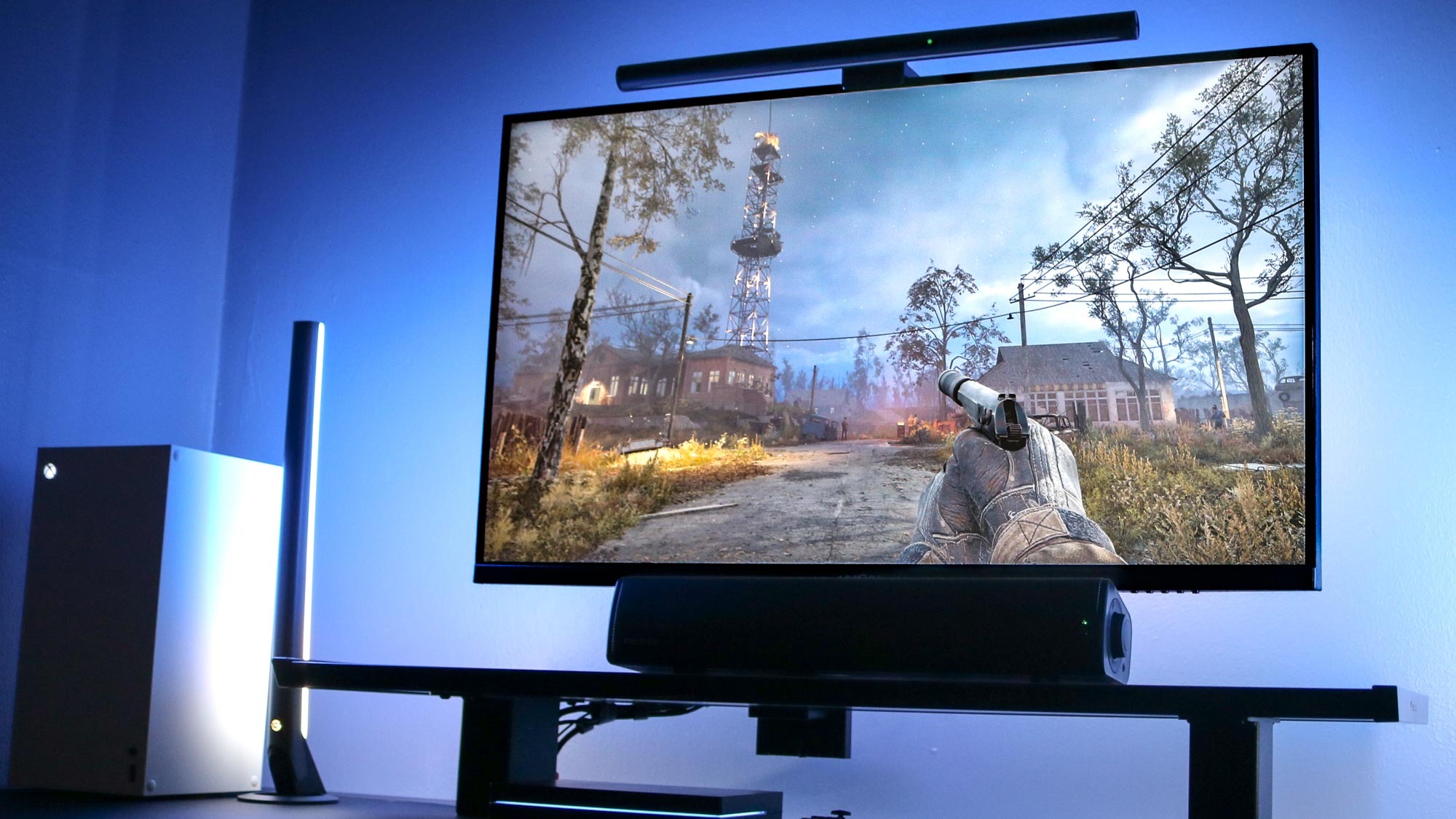
Well, it’s November! We can look forward to Thanksgiving, the season of gratitude, count our blessings, and feast with family and friends. But holidays are not pleasant for everyone. Those who are alone and lonely, those who are ill or depressed, and those who feel distanced from their families often become even more aware of their isolation and loneliness at these times.
I imagine we all know someone who may be in that situation. The question is, what can we do to help them? We are hearing from our religious leaders that we should reach out when we know of someone who is suffering or in distress. Organizations such as the Salvation Army and the Rescue Mission and groups like Rotary, Kiwanis, Lions, Knights of Columbus, Masons and Meals on Wheels provide opportunities for those in need to receive socializing occasions, meals and chances to be included in holiday events.
What complicates getting services and opportunities for inclusion to those who could benefit is a natural reluctance on our part to possibly invade someone else’s privacy. On the other side, they may not be comfortable acknowledging their needs. Often invitations are politely declined and questions of concern are answered, “I’m fine.
" Coupled with these reactions is the fact that the giving spirit sometimes gets supplanted by the many other concerns in our lives. But how often do we hear someone say, ”I’m resolving to give of myself more and reach out to connect with someone I believe is suffering"? One ongoing measure that operates throughout all the seasons is through our churches, synagogues and mosques. It is generally called pastoral care, although it does not necessarily limit itself to being provided by a pastor, minister, priest, rabbi or imam.
This type of caring is referred to by many different names, such as pastoral care, pastoral counseling, peer listening, lay care, community ministry and friendly visiting. There is one constant: listening. A seminar at the Unitarian Universalist Church in Binghamton focused on pastoral care.
Three dozen people of varied backgrounds learned techniques and approaches to offer help to those with personal issues that potentially incapacitate them and separate them from the community. Included in our discussions were definitions of different types of caregiving, as well as suggestions for how topics are introduced into our conversations. A great deal of emphasis was placed on the value of listening skills.
These skills require respect, empowerment, being nonjudgmental, having emotional awareness, being in the “here and now” and consciousness of body language. It is also necessary to ask “open questions” that begin with “how," “what," “tell me about” or “describe." Offering affirmations is helpful, such as “you handled yourself really well in that situation” or, “I appreciate how hard it must have been for you to come here.
" Listening reflectively is a way of checking that you know what is meant and showing an interest in and respect for what is being said. Lastly, summarizing reinforces what has been said and shows that the caregiver has been listening carefully. This type of caregiving is very personal and requires patience and the ability to listen respectfully, with sincerity and objectivity.
We must frame a conversation in a way that honors the person’s story without relying on advice, and aiming at drawing out the person’s own resources for meaning and action planning. So, what is the remedy for helping the lonely, the disenfranchised or the chronically depressed? First, they need to be listened to by someone who cares about them. That is a good beginning.
If you are interested in being a caregiver, a peer listener or a friendly visitor, or just wish to know more about this, contact your local clergy. To minister to individual needs requires heart and study. One book, “People Effectiveness Training,” teaches active listening and the ability to talk without hurting the feelings of others! Our ministers are sources of caring in our community, as well as resources for books and trainings! In this Thanksgiving season, we are grateful to have the caring and guidance of our ministers! Andrea Ives and Gilda Brower are board members of the Auburn Unitarian Universalist Society, which was founded in 1812 and is located at 607 N.
Seward Ave. in Auburn. Sunday service is offered at 10:30 a.
m. All men, women and children of every race, religious creed, political conviction and sexual orientation are welcome. For more information, call (315) 253-9029.
Receive the latest in local entertainment news in your inbox weekly!.














